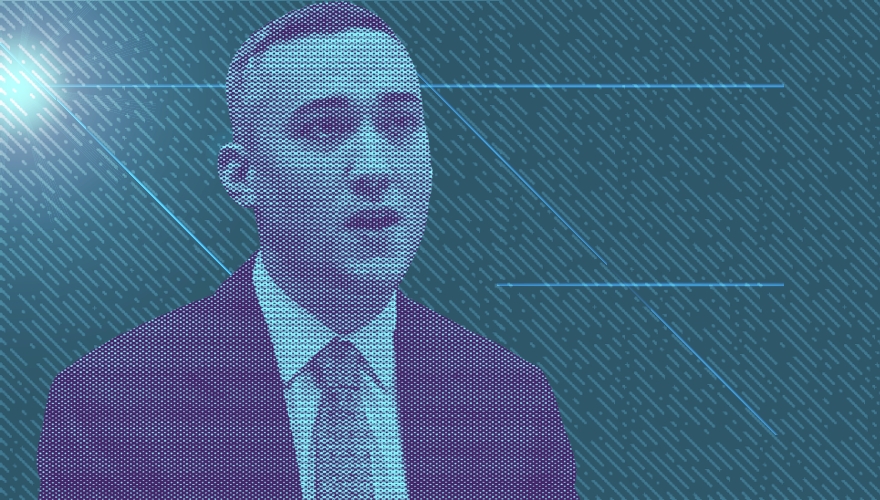Former Twitter head of trust and safety Yoel Roth said "unrestricted free speech" results in "less speech" during a hearing at the Capitol on Wednesday.
Roth introduced his testimony before the House Oversight Committee, noting that he served as Twitter's head of trust and safety for eight years before resigning shortly after Elon Musk acquired the company in late 2022.
"Trust and safety's core duty is content moderation," Roth said before the panel. "Removing tweets that violate Twitter's terms of service and suspending users that repeatedly break the rules."
"This work is sometimes dismissed merely as censorship, but it represents a key way that Twitter and other companies live up to their responsibility to keep the users of their products safe."
WATCH:
Roth said typical content moderation was "uncontroversial," including the removal of child exploitation material or content promoting terrorism.
"The gray area of this work, though, is when trust and safety teams have to make decisions about so-called 'lawful-but-awful' material," he said, describing the term as "content that may be legal in many jurisdictions, but isn't something most people would want to experience."
The former head of trust and safety provided instances of "lawful-but-awful" content, including doxing, which is the posting of a user's home address, phone number, or other personally identifying information without their permission. Roth also suggested bullying a user for a disability or how they look would also fall under the gray area.
Roth noted "free speech absolutists" would question Twitter's right to censor "lawful-but-awful" content, to which the former head of trust and safety cited "the need to make Twitter an appealing product for millions of people."
"Consistently, in its own research, Twitter found that users were unhappy with the company's approach to content moderation," he continued. "This dissatisfaction drove people away from the service."
"This has consequences for what we mean by 'free speech' on social media," Roth elaborated, suggesting a small amount of "abusive users" drove other users from the platform. "Unrestricted free speech, paradoxically, results in less speech, not more." Yoel Roth, former head of "trust and safety" at Twitter:
"Unrestricted free speech paradoxically results in less speech, not more" pic.twitter.com/7wcK4eV4nU
— Citizen Free Press (@CitizenFreePres) February 8, 2023
The former Twitter executive said the practice of content moderation goes "far beyond Twitter's business prospects and into the realm of national security."
Roth noted his team uncovered "significant interference" in an American election by the Russian government in regards to the 2016 Presidential Election in which former President Trump was elected, suggesting their mission was to "stoke culture war issues on social media to try to further divide Americans."
Roth claimed his team discovered "hundreds of thousands" of accounts from Russia, along with Iran and China, among others which directly impacted Twitter's decision to censor the New York Post's account following a post containing a link to their article revealing the contents of Hunter Biden's laptop.
"Twitter noticed activity related to the laptop that, at first glance, bore a lot of similarities to the 2016 Russian hack-and-leak operation targeting the [Democratic National Committee] DNC," Roth said. "We had to decide what to do, and in that moment, with limited information, Twitter made a mistake."
The former head of trust and safety detailed Twitter's decision to censor the New York Post's account and limit the ability of the article's link to be shared on the platform under the distribution of hacked materials policy.
"I've been clear that in my judgment, at the time, Twitter should not have taken action to block the New York Post's reporting," he continued noting the company "acknowledged its error" 24 hours after their decision to censor the story. "It isn't obvious what the right response is to a suspected, but not confirmed, cyber attack by another government on a Presidential election. I believe Twitter erred on this case because we wanted to avoid repeating the mistakes of 2016."
Roth concluded by saying he "strove to [perform his job] with impartiality and with a commitment to the fair enforcement of Twitter's written rules."

